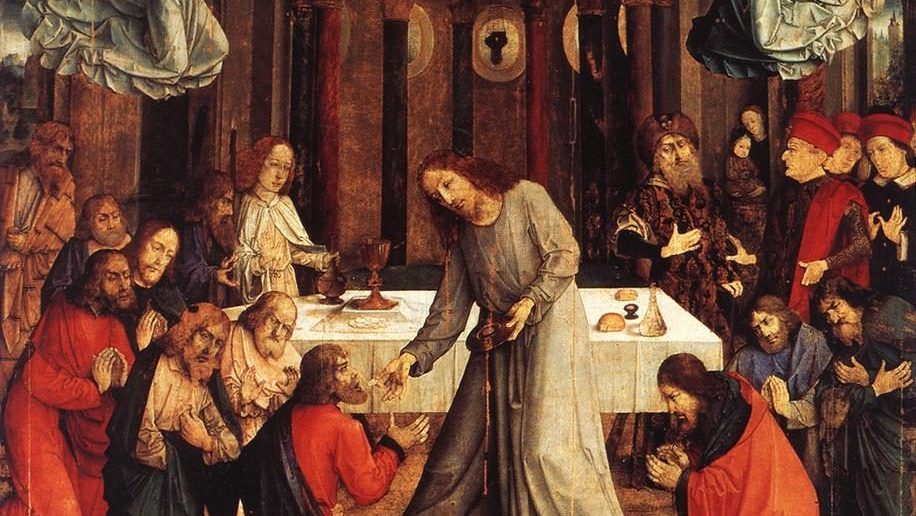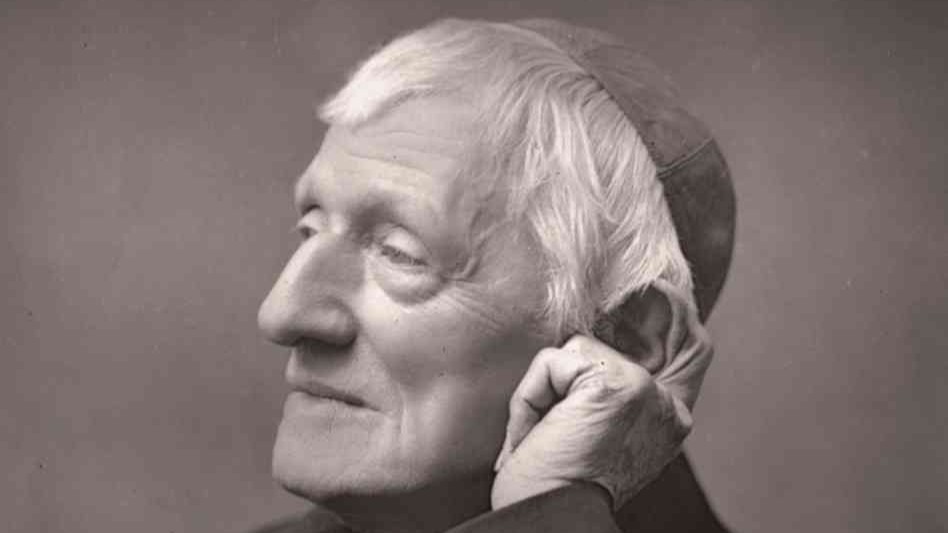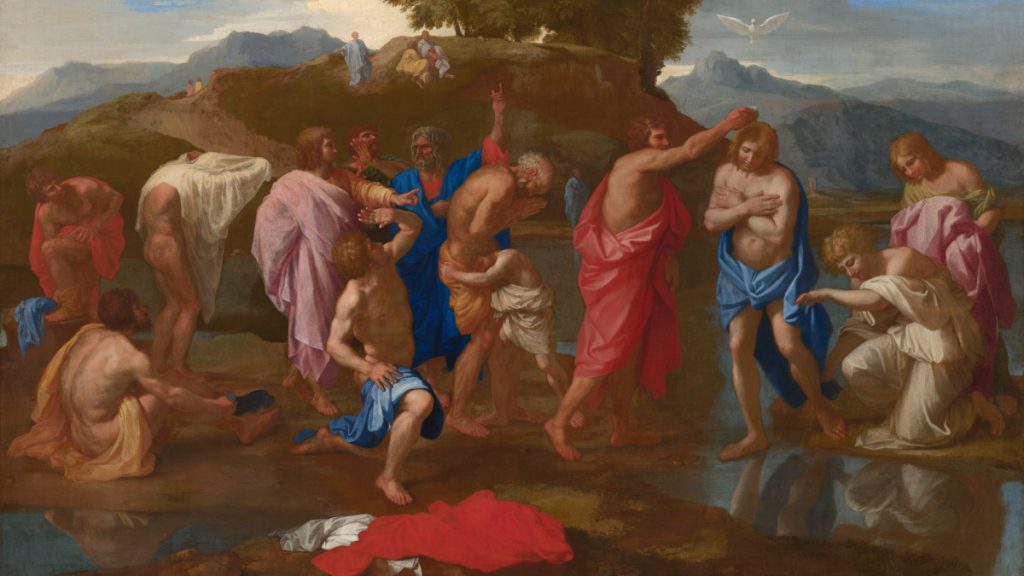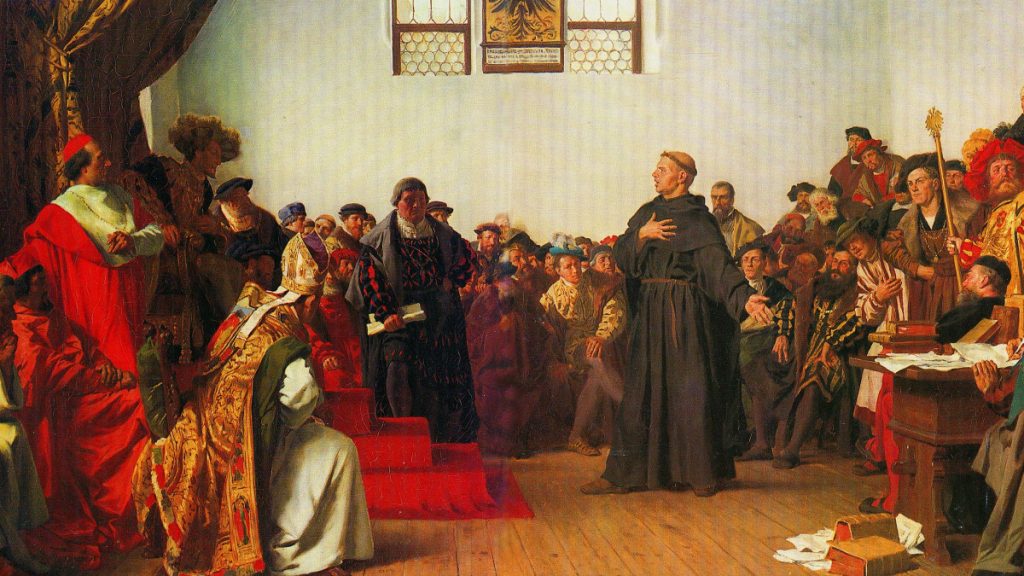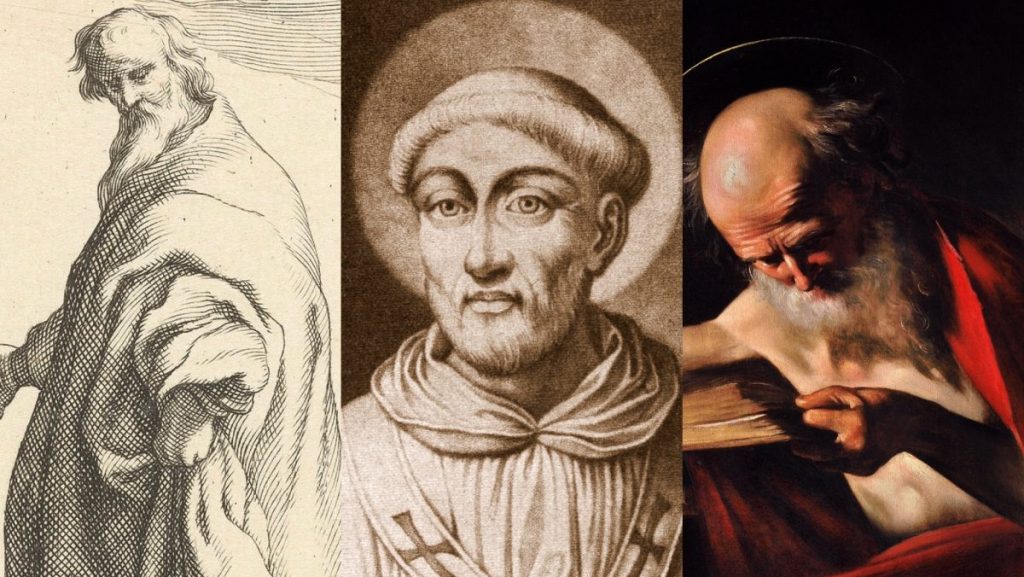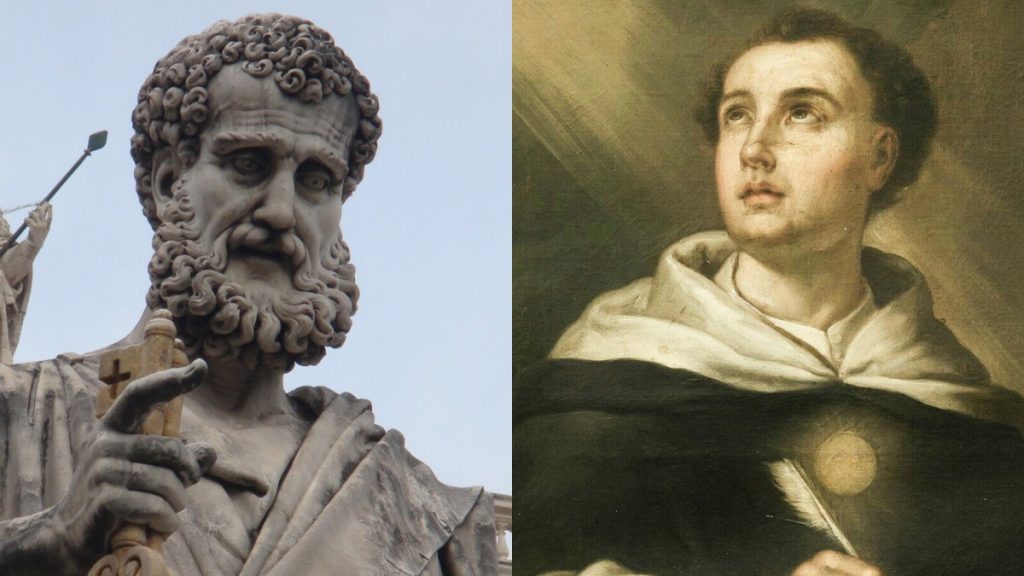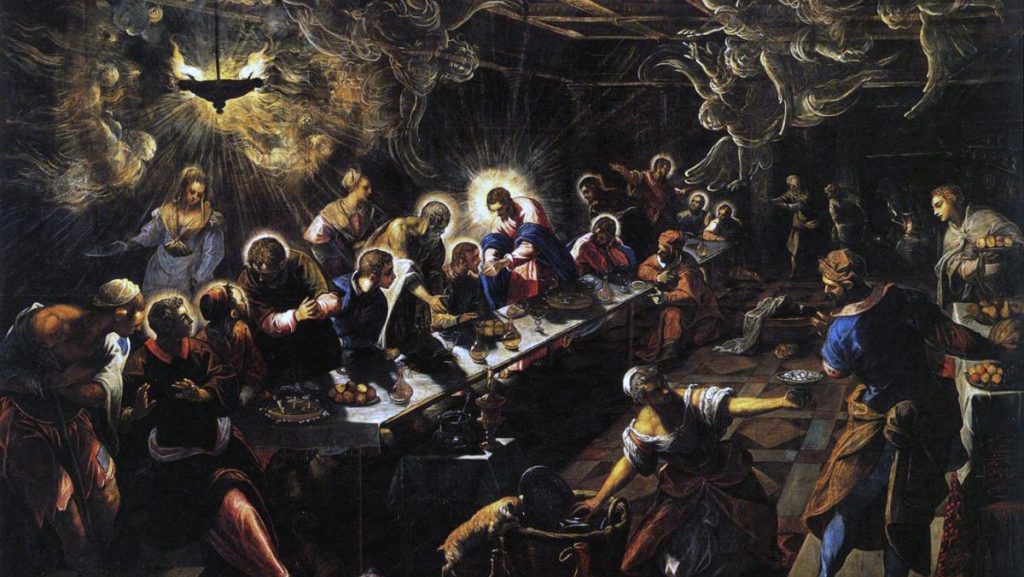(Updated July 15, 2025)
This Author Quote Archive collects pertinent quotes from the Ecclesiastical Writer, Firmilian of Cappadocia.
Next to each quote are the Topic Quote Archives in which they are included.
This Quote Archive is being continuously updated as research continues. Quotes marked with “***” have not yet been organized into their respective Topic Quote Archives.
Letters
Firmilian of Caesarea, Letter 74: To St. Cyprian, Against the Letter of St. Pope Stephen (256)
- Mortal Sin: Christians Can Lose Their Salvation | §17
- The Papacy and the Invincibility of the Church | §§16-17
- The Sacrament of Baptism | §§14, 17, 22
- The Sacrament of Holy Orders, and the Authority of the Priesthood | §10
(§10) …[T]here arose among us on a sudden a certain woman, who in a state of ecstasy announced herself as a prophetess, and acted as if filled with the Holy Ghost. And she was so moved by the impetus of the principal demons, that for a long time she made anxious and deceived the brotherhood, accomplishing certain wonderful and portentous things, and promised that she would cause the earth to be shaken. Not that the power of the demon was so great that he could prevail to shake the earth, or to disturb the elements; but that sometimes a wicked spirit, prescient, and perceiving that there will be an earthquake, pretends that he will do what he sees will happen. By these lies and boastings he had so subdued the minds of individuals, that they obeyed him and followed whithersoever he commanded and led. He would also make that woman walk in the keen winter with bare feet over frozen snow, and not to be troubled or hurt in any degree by that walking. Moreover, she would say that she was hurrying to Judea and to Jerusalem, feigning as if she had come thence. Here also she deceived one of the presbyters, a countryman, and another, a deacon, so that they had intercourse with that same woman, which was shortly afterwards detected. For on a sudden there appeared unto her one of the exorcists, a man approved and always of good conversation in respect of religious discipline, who, stimulated by the exhortation also of very many brethren who were themselves strong and praiseworthy in the faith, raised himself up against that wicked spirit to overcome it; which moreover, by its subtle fallacy, had predicted this a little while before, that a certain adverse and unbelieving tempter would come. Yet that exorcist, inspired by God’s grace, bravely resisted, and showed that that which was before thought holy, was indeed a most wicked spirit. But that woman, who previously by wiles and deceitfulness of the demon was attempting many things for the deceiving of the faithful, among other things by which she had deceived many, also had frequently dared this; to pretend that with an invocation not to be contemned she sanctified bread and celebrated the Eucharist, and to offer sacrifice to the Lord, not without the sacrament of the accustomed utterance; and also to baptize many, making use of the usual and lawful words of interrogation, that nothing might seem to be different from the ecclesiastical rule.
(§14) But if the baptism of heretics can have the regeneration of the second birth, those who are baptized among them must be counted not heretics, but children of God. For the second birth, which occurs in baptism, begets sons of God. But if the spouse of Christ is one, which is the Catholic Church, it is she herself who alone bears sons of God…
(§16) But what is the greatness of his [St. Pope Stephen’s] error, and what the depth of his blindness, who says that remission of sins can be granted in the synagogues of heretics, and does not abide on the foundation of the one Church which was once based by Christ upon the rock, may be perceived from this, that Christ said to Peter alone, “Whatsoever thou shalt bind on earth shall be bound in heaven, and whatsoever thou shalt loose on earth shall be loosed in heaven” (Matt. 16:19). And again, in the Gospel, when Christ breathed on the apostles alone, saying, “Receive ye the Holy Ghost: whose soever sins ye remit they are remitted unto them, and whose soever sins ye retain they are retained” (John 20:22-23). Therefore the power of remitting sins was given to the apostles, and to the churches which they, sent by Christ, established, and to the bishops who succeeded to them by vicarious ordination. But the enemies of the one Catholic Church in which we are, and the adversaries of us who have succeeded the apostles, asserting for themselves, in opposition to us, unlawful priesthoods, and setting up profane altars, what else are they than Korah, Dathan, and Abiram [Num. 16], profane with a like wickedness, and about to suffer the same punishments which they did, as well as those who agree with them, just as their partners and abettors perished with a like death to theirs?
(§17) And in this respect I am justly indignant at this so open and manifest folly of [St. Pope] Stephen, that he who so boasts of the place of his episcopate, and contends that he holds the succession from Peter, on whom the foundations of the Church were laid, should introduce many other rocks and establish new buildings of many churches; maintaining that there is baptism in them by his authority. For they who are baptized, doubtless, fill up the number of the Church. But he who approves their baptism maintains, of those baptized, that the Church is also with them. Nor does he understand that the truth of the Christian Rock is overshadowed, and in some measure abolished, by him when he thus betrays and deserts unity. The apostle acknowledges that the Jews, although blinded by ignorance, and bound by the grossest wickedness, have yet a zeal for God. [St. Pope] Stephen, who announces that he holds by succession the throne of Peter, is stirred with no zeal against heretics, when he concedes to them, not a moderate, but the very greatest power of grace: so far as to say and assert that, by the sacrament of baptism, the filth of the old man is washed away by them, that they pardon the former mortal sins, that they make sons of God by heavenly regeneration, and renew to eternal life by the sanctification of the divine laver. He who concedes and gives up to heretics in this way the great and heavenly gifts of the Church, what else does he do but communicate with them for whom he maintains and claims so much grace? And now he hesitates in vain to consent to them, and to be a partaker with them in other matters also, to meet together with them, and equally with them to mingle their prayers, and appoint a common altar and sacrifice.
(§22) …And this is observed among us, that whosoever dipped by them come to us are baptized among us as strangers and having obtained nothing, with the only and true baptism of the Catholic Church, and obtain the regeneration of the laver of life…
